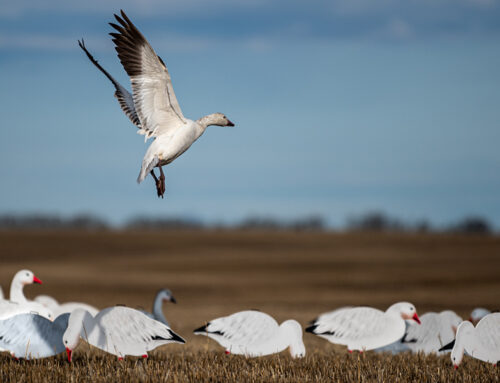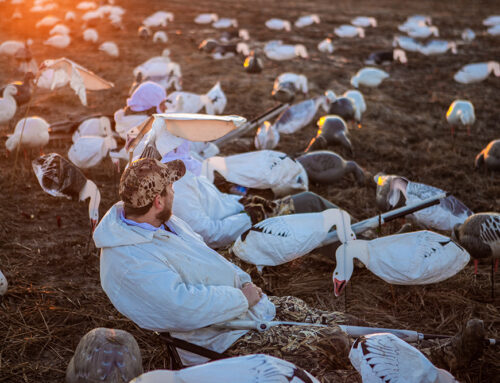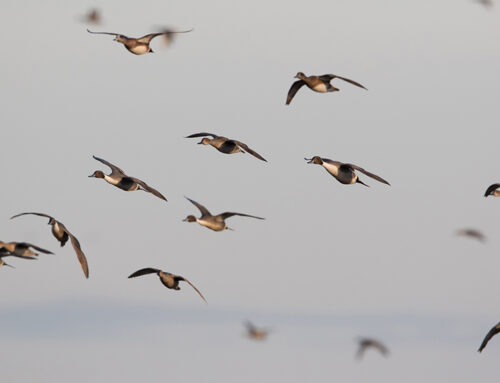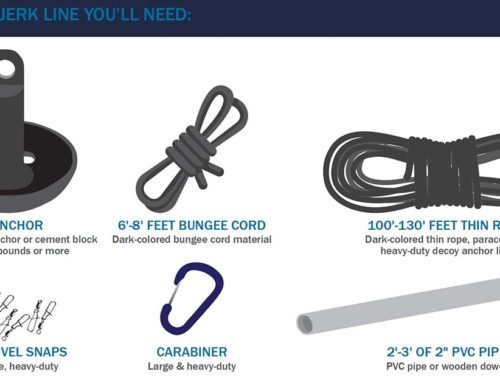8 Tricks to Fool
Resident Honkers
Resident Honkers

At one time prematurely declared extinct, the recovery of the giant subspecies of Canada geese ranks right up there with the wild turkey and bald eagle. Giant Canadas, which are resident geese by nature, are now among North America’s most prolific waterfowl. And what an opportunity they afford today’s goose hunters, with opening days for resident honkers kicking off in August and September in many states.
Local geese are vulnerable in late summer, consisting of naïve juveniles and long-unpressured adults going about their days in well-established routines. However, using the same tactics to hunt them as you would with migrating geese is a recipe for disappointment. Try these tips to start your season off right.
Downsize spreads. Using fewer decoys tends to be more realistic in the early season, when geese travel in family groups rather than large flocks. One- to three-dozen decoys is usually plenty. However, if you luck upon a massive flock hitting a field, by all means, mimic with added decoys.
Arrange family groups of five to seven decoys. And leave plenty of space between families, a natural behavior of real geese in late summer because of the abundant food. Summer honkers are non-competitive honkers.
Monitor farming activity. Resident geese flock to the first harvested fields. If you scouted for goose hangouts earlier this summer, all the better for honing in, because local birds typically select fields near their established areas.
Hunt food sources at first and last light. The downside to hunting resident Canadas is it can be bloody hot, but lucky for you, early-season honkers feed during the coolest hours of the day. Their preferred foods include wheat, alfalfa, barley, oats and the green grasses provided by farm pastures, and yes, golf courses.
Target small water at midday. Farm ponds, creeks and shallow wetlands hold few geese by mid-season, but they’re dynamite loafs before fall.
Tone down calling. Geese aren’t as vocal when there are minimal clashes over food. Gentle clucks and moans are superior to aggressive cadences. Use just enough chatter to establish their attention and hold it.
Relax your spread. Easy summer living makes for content geese, so mix in some sleeper shells, especially along pond banks.
Position blinds farther downwind. Geese traveling in family groups and lacking desperation for food are prone to stopping short of spreads. Cheat downwind to ensure they reach shotgun range.






Very good